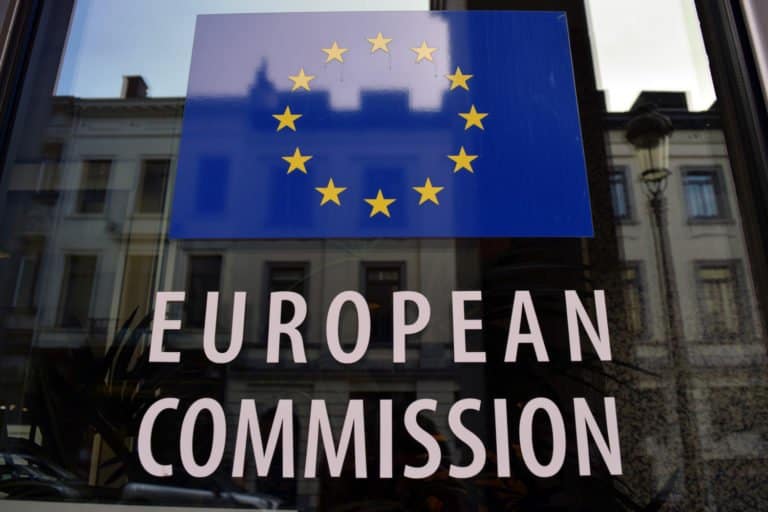The bloc is investigating whether content providers like Netflix and YouTube need to pay additional costs for internet access.
The European Commission wants telecom companies to provide evidence that streaming sites such as Netflix and YouTube should pay for the additional traffic sent over their networks, according to a report in Bloomberg News.
The commission plans to ask telecommunications companies how much traffic has increased in the past three years, where it’s coming from and what the higher demand is costing them, according to a draft of the questionnaire from early April. A commission spokesperson declined to comment, according to Bloomberg.
Some European Union officials have been gearing up to propose a ‘fair share’ remuneration policy that would require companies that produce streaming videos and other data-heavy applications to pay telecom operators for the amount of traffic they send over networks. Telecom companies would then re-invest that money to upgrade their infrastructure.
Sparking a debate over net neutrality
The idea has sparked a fierce debate in Europe, with parliamentarians and open internet campaigners raising concerns that these rules could hurt net neutrality. Specifically, the fear is that such a step could create a two-tiered internet.
EU countries including Germany and the Netherlands urged the commission to wait for a final analysis from the EU’s telecom regulating body, as well as open consultations with the bloc’s members and the public, before moving ahead with a proposal, according to another document previously reported by Bloomberg.
Other countries like France and Italy increased pressure on the commission to move ahead with a remuneration proposal, according to reports last month. The commission has yet to send the list of questions to companies, a person familiar with the plans said. The EU’s largest telecom companies include Telefonica, Vodafone, Deutsche Telekom and Orange.
A final proposal will be ready at the end of this year or the beginning of 2023 at the earliest, and the commission plans to finalize the questionnaire in the coming weeks, the person said, asking not to be identified because the plans are still private.
